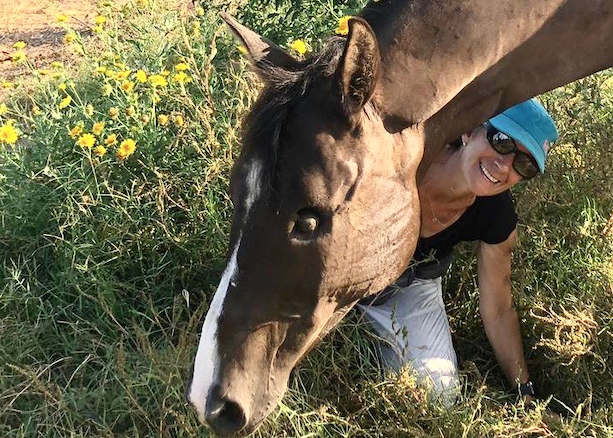How do our blind spots influence our decisions and actions?
We all have blind spots. The question is whether we are ready to recognise how our lack of awareness influences what we think, say and do. Scientists say that only about 5% of our cognitive functions (like decision-making, emotional responses, our actions and behaviours) are made consciously!) That means that 95% is done UNconsciously!
We're wired to lean toward what is familiar, and we fill in the blanks when encountering those who are not like us based on a range of social constructs. Generally, we feel more positive toward those who are similar than those who are different from us. We also exhibit a VISUAL bias-- and the way our optic nerves attach, we actually do have physical blind spots, leaving our minds to fill in what we cannot see. We do that based on other pieces of information we (think we) know about a person or thing. Why does it matter?
It matters because if can get curious about, and begin to look harder to find similarities (rather than differences) between people who SEEM different from us we will raise our ability to be more conscious in our behaviours and actions. It means being able to better leverage all the skills, capabilities, and talents within our workgroups, teams and organisations--because we'll be engaging more consciously and more mindfully--which in turn will lead to the potential for reaching optimal performance.
